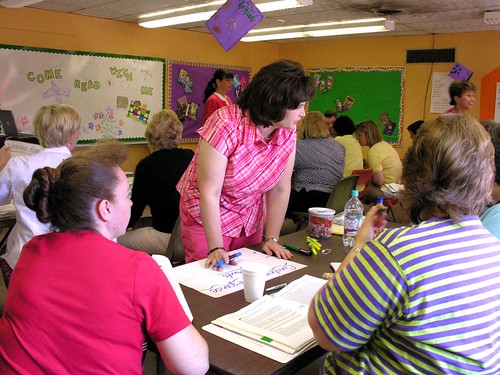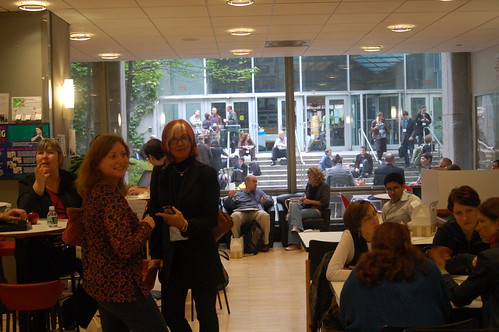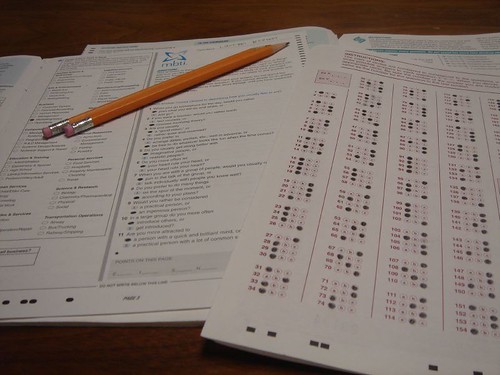I’ve taken some time, this morning, to try to catch up on e-mail before heading back over to Oracle for day two ThinkQuest judging — and it seems to be the morning for press releases. The one I think I’ll pass through here is one from the Partnership for 21st Century Skills announcing a new bill, The 21st Century Skill Incentive Fund Act.
Sponsored by Senators John Rockefeller (D-WV), Olympia Snowe (R-ME) and cosponsored by Senator John Kerry (D-MA); the bill…
..aims to provide matching federal funds to states that pair strong core courses with 21st century skills such as creativity, innovation, critical thinking and financial, economic, business and entrepreneurial literacy. ((Partnership for 21st Century Skills, “The Partnership for 21st Century Skills applauds Senators John Rockefeller (D-WV) and Olympia Snowe (R-ME) for sponsoring the 21st Century Skill Incentive Fund Act.” E-mail to David Warlick. E-mail.18 May 2009. ))
Part of me says, “Ho Hum.” But another part tries to put this into context. What would such an announcement have felt like five years ago? I suspect it would have caused ripples as it should today. But I still want something that says, this is what it looks like? This is what your children’s learning in and out of their classrooms should look like to include creativity, innovation, critical thinking…. in teaching and learning — and it should be astoundingly exciting.
ThinkQuest/Oracle Education Foundation folks took us out to eat last night, and I sat with Bernie Trilling (Senior Director of Think.com and Thinkquest, and Partnership for 21st Century Skills board member) and Mary Kraus (right out of the classroom and newly hired technology services program manager for Lemon Grove School District). It was an interesting pair to sit between, the visionary and the distinguished practitioner. There was a lot of “what it should look like” conversation and some ideas so cool that my jaw dropped. But we need a one liner, an elevator speech, a jingle, a bill board, something that says, “throw out the old and bring in the new, because this is what we crave to do.
Seeming to me like an apology (but probably only to me), the press release added,
The teaching of 21st century skills is meant in no way to detract from creating a rigorous core curriculum. As Senator Rockefeller said, “West Virginia students need to master the 3 R’s – reading, writing, and arithmetic – but they must do more if they want to be ready to compete in the global economy.”
I think that the call to do more is not enough. I think that we have to re-label the 3 R’s. The 3 R’s are huge and they are hugely important — essential. But they are nothing more than a foundation. Being taught facts about history, science, health, literature, are nothing but a foundation. The structure that find its stability on that foundation, that becomes the home for new ideas, innovations, and adventures, and continues to cherish the core values of our cultures, is also an essential and a responsibility of our schools.
I agree with West Virginia’s state superintendent of schools, Dr. Steven Paine when he says that, “It is very encouraging that we can create a partnership between the federal government, states and private businesses.” It’s an aim that Trilling echoed last night. But we desperately need that story that describes the learning environments that joyfully build the whole structure.
Powered by ScribeFire.














